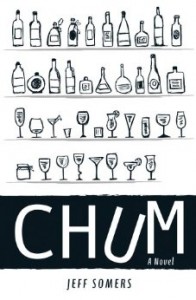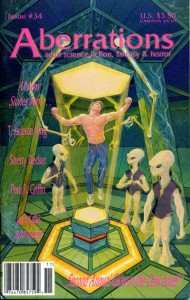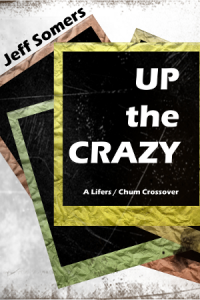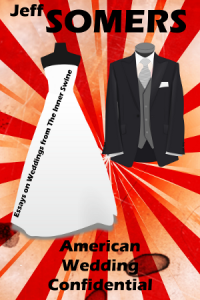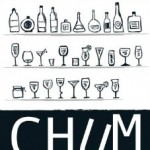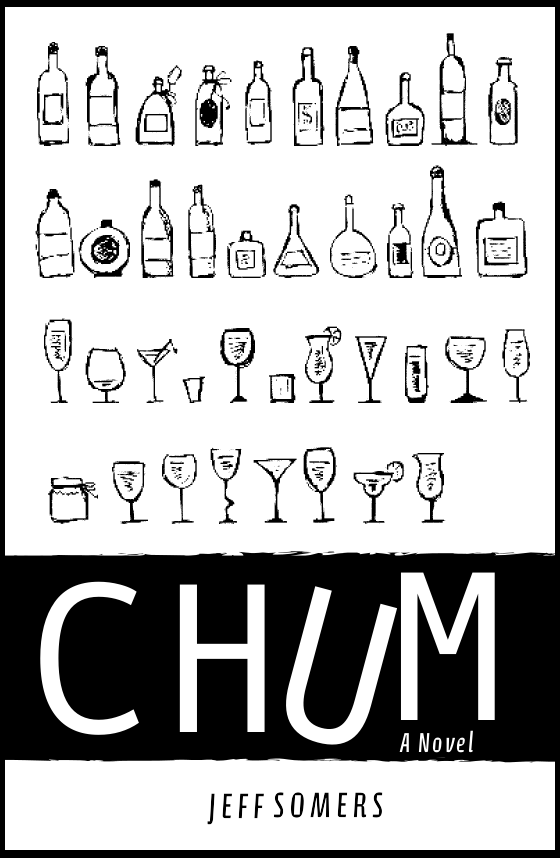The Very Merry Pranksters
I
Henry stared at the coffin, and thought about killing his wife.
The room, perfumed and stuffy, was filled with the blurry sound of chat, a hundred polite conversations going on simultaneously. Ted the Infinitely Wealthy had passed away suddenly, shockingly, and his death seemed unreal to everyone in the room, one of Ted’s famous pranks, and everyone half-expected Ted to pop out of the coffin with a bottle of champagne and demand that everyone dance. The closed coffing added some weight to this delerium, as everyone secretly wondered if it was maybe filled with sand, or someone elses body entirely. It was a meme that jumped from person to person without being spoken, mysteriously, and the whole room was making idle chatter while thinking, ashamed of even the thought, that maybe Ted the Infinitely Wealthy had not died of a sudden aneurysm after all, that maybe he was hiding somewhere, watching them all on closed-circuit TV, laughing.
Ted had done similar things in the past. Henry put his wife out of his mind for a moment, recalling some of the pranks. He’d never found them very funny, personally; pranks always seemed mean-spirited to him, as if it wasn’t bad enough that Ted the Infinitely Wealthy was so infinitely wealthy, he had to treat everyone around him like they were players in his personal troupe, entertaining him with their antics. To Henry’s thinking, the frequency and complexity of Ted’s pranks had increased in direct proportion to how ruined by money he’d become. Ted had always been rich, born rich, but as a kid his terrible home life—a nasty divorce, a father who’d kept his mother and Ted in near-poverty as they sued and counter-sued each other over support—had made him a moody, melancholy, but grounded individual. When he’d finally come into infinite wealth on his eightteenth birthday, it hadn’t seemed real for some years, and he lived simply, Henry remembered, for some time after that. Slowly, though, the money had crept into his life. The pranks had begun as good clean fun, an acknowledgment that Ted was rich and could do amazing things if he wanted. As time went on, though, Henry had detected a streak of meanness in the pranks, and in Ted.
Faking his own death, Henry thought suddenly, actually wasn’t out of the realm of possibility.
He went back to staring at the coffin and thinking about killing his wife.
The coffin sat on a raised dais, surrounded by flowers. A large picture of Ted the Infinitely Wealthy was displayed on a stand, a smiling, tanned young man with thinning hair and a growing paunch, dressed casually. Henry couldn’t tell where the picture had been taken, but it looked recent, and gave the impression that Ted had been caught by surprise, turning suddenly and smiling reflexively when he saw the camera. The effect of pleasant surprise was so perfect, Henry thought it gave credence to the idea that the whole death and funeral business was faked, that the photo had been taken a week ago in preparation.
Henry glanced down at his hands, which he’d cupped soberly so he wouldn’t have to worry about them.
Behind him, he could hear the soft whispering of his wife and Gina Gerrano, usually referred to as The Tart—another in a long series of silly nicknames acquired during college and never abandoned, Henry thought, despite their advancing middle-age and the sheer ridiculous weight of them. He could still refer to The Tart in the company of old college cronies and be instantly understood, just as he could refer to TIW and everyone knew he was referring to Teddy. The origins of these names were sometimes famous stories, recounted endlessly, and were sometimes lost to memory. Henry himself was known as The Hick. He’d never liked the nickname, though he’d pretended to for many years. He’d launched a campaign to discourage its use, but no one took him seriously about it.
His wife, who’d gone to a different college and didn’t like many of his friends, thought the whole nickname thing was silly and didn’t hesitate to tell him so. Her name was Miranda. All of Henry’s friends called her The Shrew when she wasn’t in the room. Henry had taken to thinking of her as The Shrew, and when he spoke about her to his friends he called her by that nickname.

